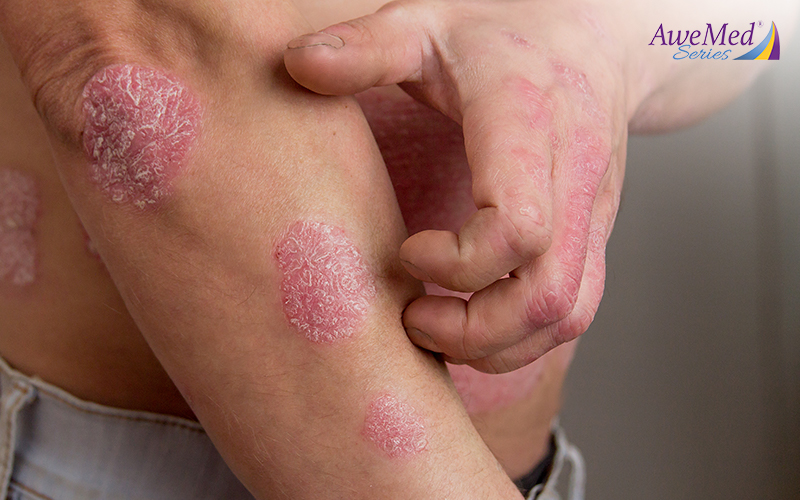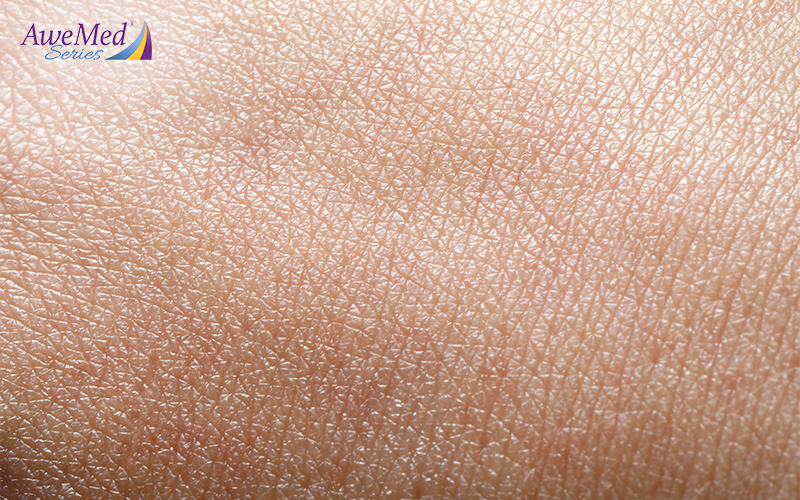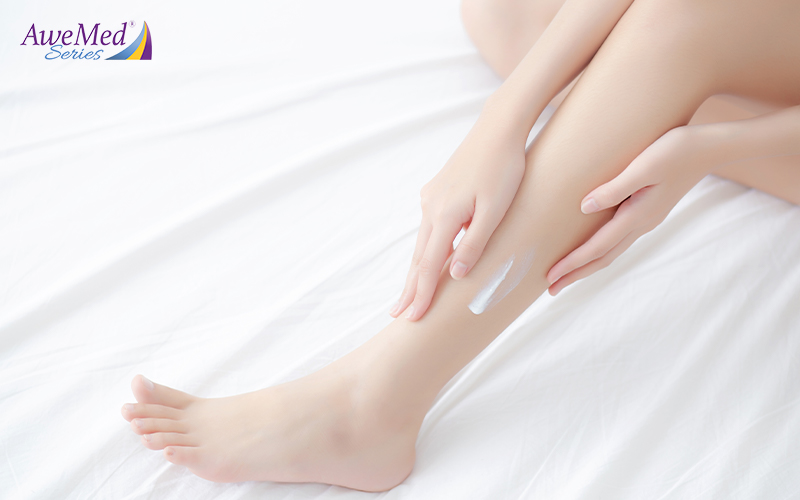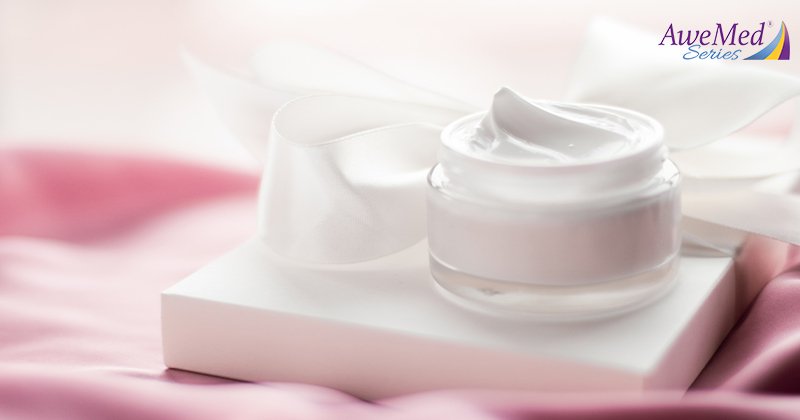
Have you ever found yourself scratching your head, quite literally, wondering what’s up with that persistent itch? Eczema, the not-so-friendly neighbor of your skin, might be paying a visit. A skin condition that plagues many yet remains a mystery to most, eczema is challenging to manage to keep at bay if you don’t have a proper understanding of it. With so many burning questions surrounding eczema, we decided to gather them and give you the answers you’ve been waiting for. Keep reading to learn more about eczema from our dermatologists!
Q1. What is Eczema?
Also known as atopic dermatitis, eczema is a chronic condition that causes symptoms like inflammation, redness, itching, and the development of rash-like symptoms on the skin. It affects people of all ages, but often starts in childhood and persists into adulthood. The exact cause of it is not fully understood, but it is believed to involve a combination of genetic and environmental factors.
Q2. At What Age Does Eczema Occur?
Eczema can occur at any age. Depending on the age range, some types of eczema may be more common or prevalent. In infants, the most frequently-seen forms of eczema are seborrheic eczema and atopic eczema. The former manifests as yellowish scales on the scalp and sometimes on the face, while the latter usually appears first on the face, and may subsequently involve the limbs and body.
Types of eczema like atopic, seborrheic, and discoid eczema can form in both children and adults, while in the elderly, asteatotic eczema is more common. This is because as we age, our skin inherently becomes drier, and some of the elderly may have underlying medical conditions predisposing to dry skin.
Learn More: Condition Deep Dive: 5 Common Types of Eczema in Singapore
Q3. Is There a Cure for Eczema?
Unfortunately, there isn’t a permanent cure for eczema; there are only ways to manage the condition from recurring. However, with the right strategies and personalized treatment plans, eczema can be kept at bay, with minimal to no flare-ups and an improved quality of life.
Q4. Do Individuals With Sensitive Skin Have Higher Risks of Developing Eczema?

Because individuals with sensitive skin tend to have compromised epidermal barriers, if you have sensitive skin, the likelihood of you developing an allergy or irritation from the skin products that you use is higher. The environment around you may also trigger irritation and increase your risk of experiencing eczema flare-ups.
Q5. What Are Some Effective Ways to Manage Eczema Flare-Ups?
Focusing on eczema management strategies that address external factors can be more effective at preventing eczema flare-ups. This can include applying eczema relief moisturizers to aid in skin barrier repair, alleviating itch with products like the AweMed eczema spray, and avoiding potential triggers such as hot baths, scratching, harsh soaps, and fragrance.
We will usually recommend patients to moisturize their skin with the appropriate emollients, three to four times daily (or more). And to make sure they’re reapplying after every wash or bath, which should be kept quick and short. Showers should be accompanied by a body wash for sensitive skin free of fragrance or other irritants, as those can cause flare-ups.
Q6. What Are Some Effective Ways for Managing Eczema to Maintain Good Quality of Life?

If your eczema is persistent and affecting your day-to-day life, it’s best you seek medical help from a dermatologist, who will assess the severity and extent of your condition to provide individualized treatment options. We’ll usually provide an “action plan” that patients can refer to when a flare-up occurs, and guide them through the steps to take to prevent a flare.
Here are some ways to stop eczema from disrupting your daily life too much:
- Moisturize regularly with a suitable hypoallergenic, fragrance-free eczema cream that will keep your skin’s moisture intact. This is one of the key ways to protect your skin barrier from environmental triggers.
- Cleanse daily with gentle, soap-free substitutes and avoid long showers in hot water.
- Identify your triggers and avoid them as much as possible. For example, certain foods or ingredients in skincare or cleaning products that you’re sensitive to.
Depending on the severity of your condition, your dermatologist may also prescribe topicals or oral medications to help manage your eczema. They can range from medical-grade emollients and oral antihistamines to antibiotics and other forms of therapy like phototherapy and injectable biologic agents.
There are new advancements in technology and plenty of treatment options you can turn to. It’d be good to speak to a medical professional for a thorough assessment and management plan.
AweMed Series carries a range of skincare products, such as eczema creams and body washes, designed to provide eczema patients relief and help them better manage their condition. Learn more about our range here.



